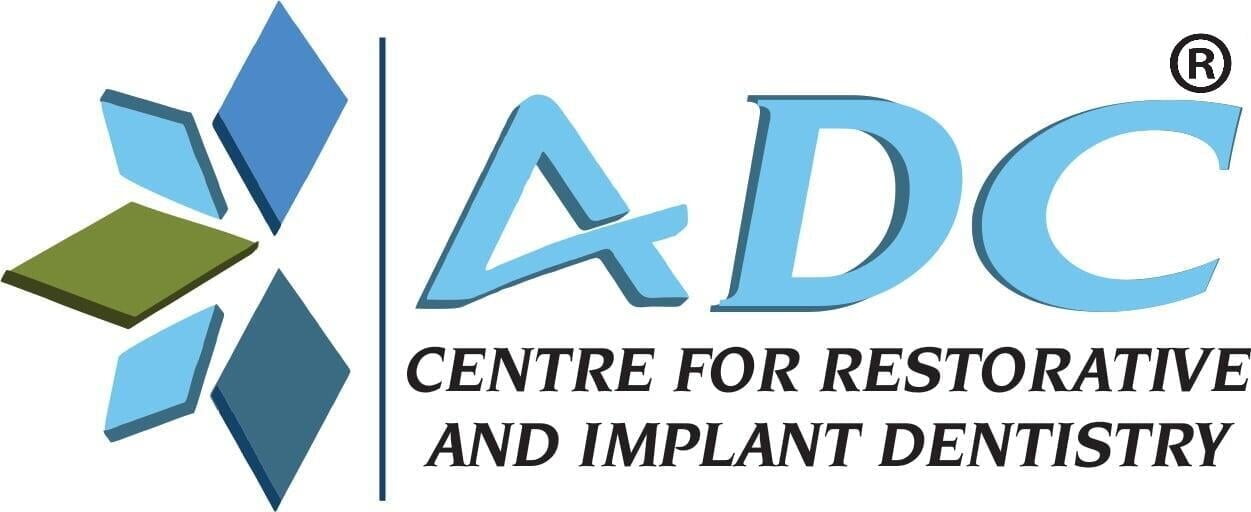If you are using as prescribed Antiseptic Mouthwash, it can significantly improve your dental hygiene. In addition to removing food particles from your teeth, antiseptic mouthwash has also been shown by researchers to significantly lower the number of dangerous bacteria and viruses in your mouth, minimize bad breaths, and leave your mouth feeling and tasting exceptionally fresh. Doctors will prescribe an antiseptic mouthwash rinse to improve your gum health, especially if you suffer from gingivitis or periodontal disease. In case you experience any complications, you are requested to contact our front office immediately.
What is Antiseptic Mouthwash?
The American Dental Association (ADA) endorses using antiseptic mouthwash as oral rinse to help prevent cavities, reduce your risk of gum disease and to assist in safeguarding the health of your mouth. Antiseptic Mouthwash excels at getting into areas of the mouth that floss or toothbrushes may have missed or been unable to reach. To ensure that your antiseptic mouthwash contains the components required to improve oral health, you must choose a brand with the ADA's approval seal.
How to use Antiseptic Mouthwash?
Antiseptic Mouthwash can help fight tooth decay, prevent cavities, fight plaque and gingivitis, freshen breath and in some cases can even aid in the re-mineralization of your teeth. Your Breath feels tingling and fresh after gargling with an antiseptic mouthwash, giving you more energy to face the day So, if you decide to use mouthwash, how should you use it? These are a few suggestions:
- Do Not Substitute for Brushing and Flossing: Instead of substituting for regular brushing and flossing, antiseptic mouthwash supplements your daily dental care routines. According to studies, adhering to the manufacturer's directions is important to get the most out of antiseptic mouthwash.
- All Mouthwashes are not Same: Most mouthwashes fall into one of two categories: cosmetic or therapeutic. Rinsing with cosmetic mouthwash will assist in reducing the number of bacteria in your mouth and help to dislodge food particles from your teeth and gums and can be incorporated into your daily oral routine. Therapeutic Mouthwash or the Antiseptic Mouthwash are not the routine use mouthwashes and should be used under the doctor prescription only. It has been demonstrated that using a therapeutic mouthwash with compounds like essential oils, chloro-hexidine, and fluoride can reduce plaque, aid in the battle against cavities, and rebuild your enamel.
- Swoosh for 90 Seconds: You should rinse with antiseptic mouthwash with as instructed water dilution proportion for at-least 90 seconds. However, using antiseptic mouthwash immediately following brushing should be avoided. The fluoride in toothpaste that takes time to develop and maintain your teeth's health. If you rinse your mouth right after brushing, you won't get all of the advantages of fluoridated toothpaste. Hence it is recommended that you use the antiseptic mouthwash at least 30 minutes after brushing your teeth.
- Use after Flossing: This is a fantastic method of using antiseptic mouthwash. You can use mouthwash to help remove food particles you've loosened during flossing, freshen your Breath, and keep your mouth clean. Use mouthwash during lunch or after other meals and snacks can be used in its place. A short mouthwash rinse will help eliminate food particles and kill germs, reducing plaque and acid accumulation.
Advantages of Antiseptic Mouthwash
Let's examine some of the advantages of using antiseptic mouthwash:
- Improves Breath: Most patients use mouthwash to freshen their Breath. After 30 seconds of swishing, your mouth will taste fresh and clean. A quick mouthwash swish will do the trick, especially if you're engaging in face-to-face conversation.
- Cleans Up Food Debris: Following regular brushing and flossing, swishing with mouthwash will remove any left over food particles.
- Caries Protection: Fluoride is a common ingredient in both over-the-counter and prescription antiseptic mouthwashes. Fluoride helps to strengthen enamel while also eliminating the microorganisms that cause cavities. After removing soft plaque from the tooth surfaces with a toothbrush and floss, fluoride absorbs more readily into the enamel.
- Lessens Sensitivity: Fluoride-rich prescription mouthwashes prevent cavities and lessen Sensitivity while protecting against tooth decay.
- Protects against gum disease: Antiseptic Mouthwash ingredients eliminate gum disease-causing bacteria and viruses.
- Reduces Mouth Dryness: Particular antiseptic mouthwashes aid in increasing salivation. Maintaining a moist mouth with regular swishing will encourage more saliva production.
- Teeth whitening: Hydrogen peroxide and other whitening agents are found in some antiseptic mouthwashes. It has been demonstrated that hydrogen peroxide safely and successfully whitens teeth.
As a result, mouthwash should only be used as a complement to your dental hygiene regimen of brushing and flossing.















